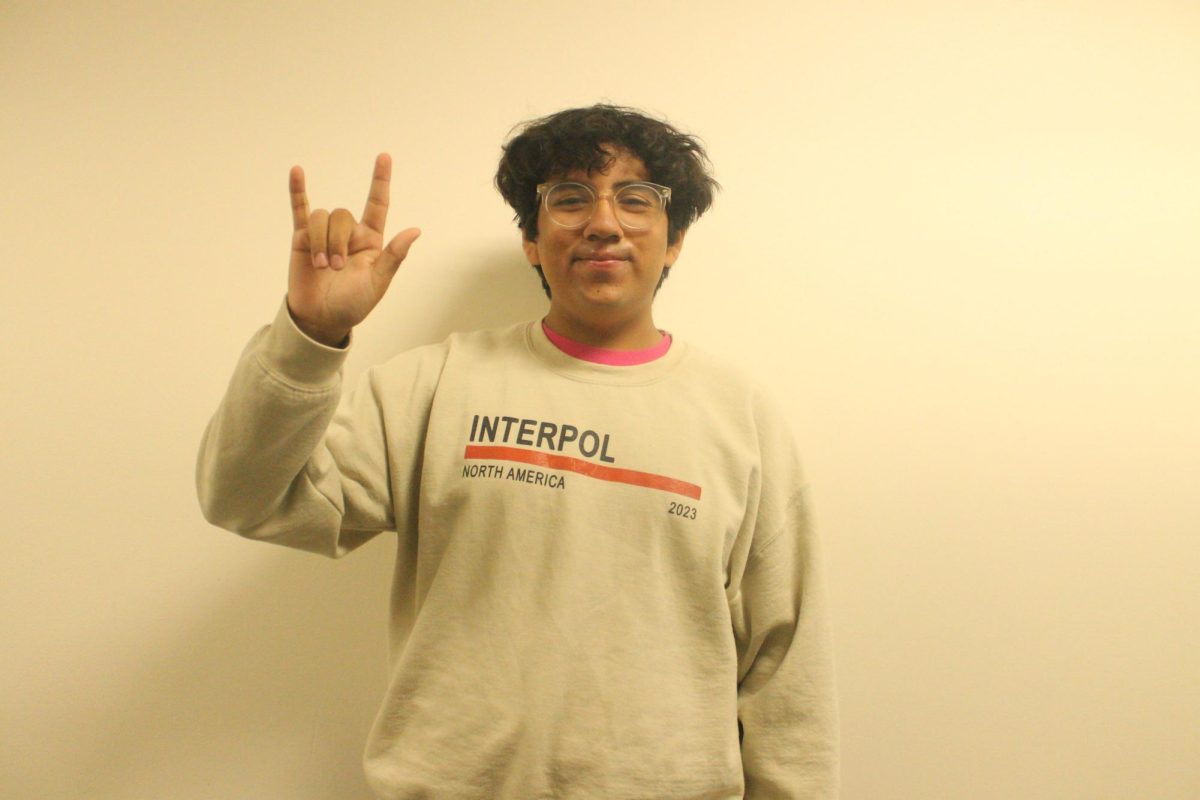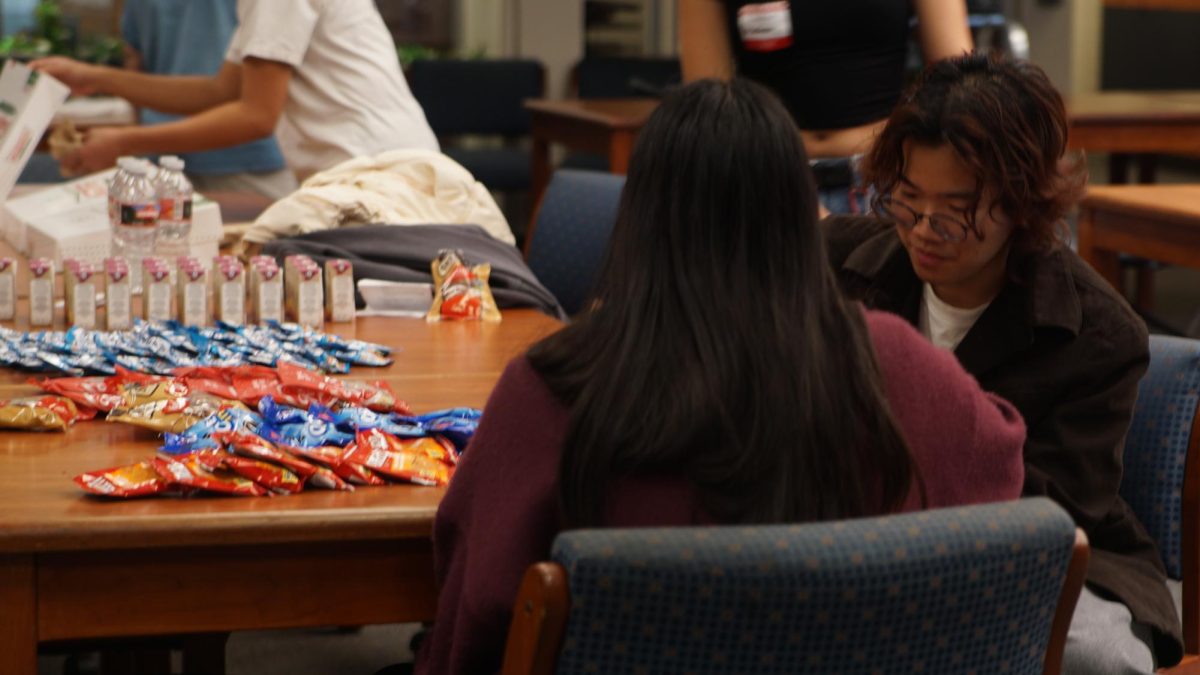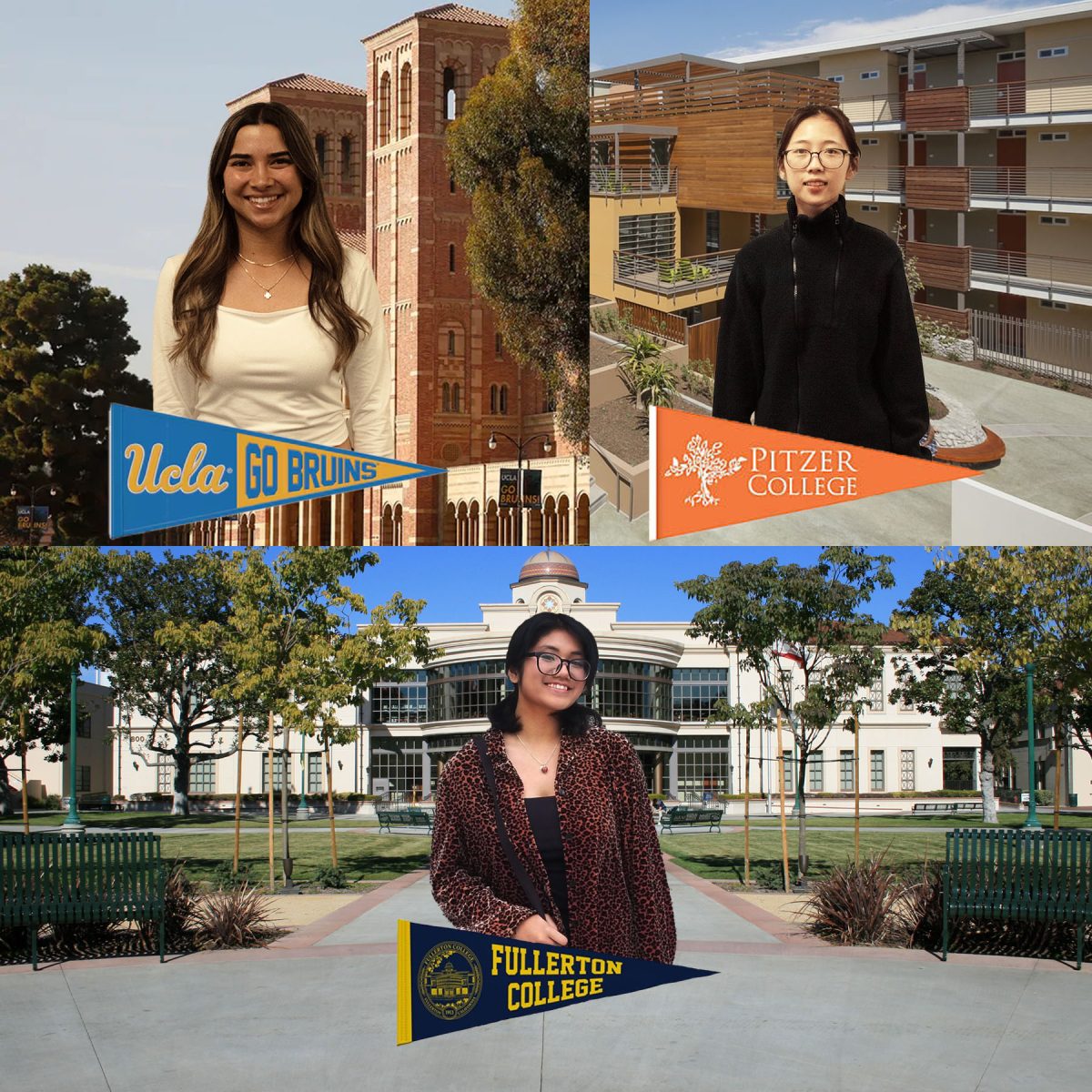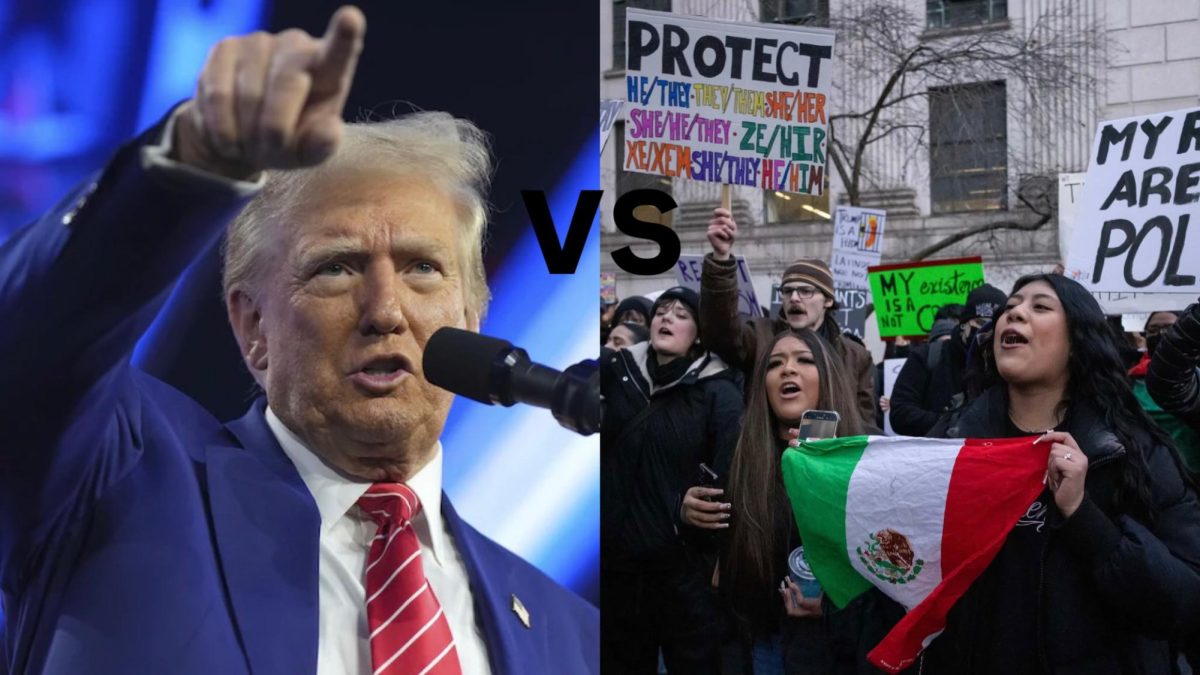Governor Gavin Newsom signed legislation on Sept. 30, 2024, to prohibit legacy preference in the admissions process for private institutions. The AB 1780, also known as the “Merit-Based Educational Reforms and Institutional Transparency Act,” states that it will prevent “an independent institution of higher education, as defined, from providing a legacy preference or donor preference in admissions, as defined, to an applicant as part of the regular or early action admissions process.”
As of Sept. 2025, California will become the fourth state to put an end to legacy college admissions along with Virginia, Illinois, and Maryland. This is expected to turn the tables and reverse the dynamics of admission systems at top universities.
Colleges that consider legacy status in California are primarily private universities including Stanford, University of Southern California, Santa Clara University, Pepperdine, Claremont McKenna, and Harvey Mudd. Institutions must ban an applicant’s legacy status after Sept. 2025 to practice an equitable admission protocol.
Banning legacy admissions will give students an equal opportunity to be admitted into a top university. Instead of admitting students based on alumni connections, it will solely be based on academic merit. Additionally, low-income students and first-generation students are not placed at a disadvantage. Addressing the unfairness of legacy admissions is necessary to maintain an equitable admission system.
Lynn Hwang, a senior at Cypress High School stated, “College admissions should always be about the merit and potential a student has rather than their family history. Ending legacy admissions creates a path for an unbiased admissions process.”
With the new law banning legacy admissions, colleges and universities must provide an in-depth report regarding their admission processes. It ensures their fairness and determines criteria to prevent the consideration of legacy status in applications.
A merit-based admission process will stir up controversies among applicants to determine its efficiency. Universities with the highest rates of legacy admissions will be held accountable for dismissing legacy admissions.



































